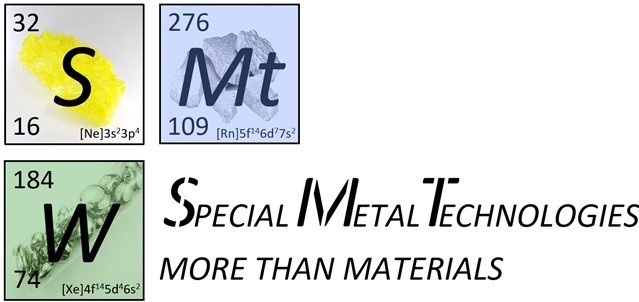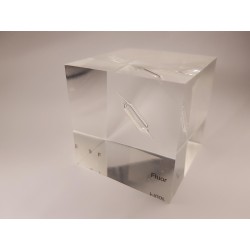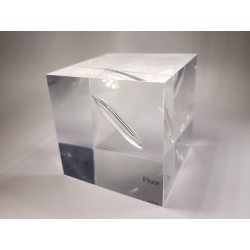- Shop
- Acrylic cubes
-
Elements
- Hydrogen
- Helium
- Lithium
- Beryllium
- Boron
- Carbon
- Nitrogen
- Oxygen
- Fluorine
- Neon
- Sodium
- Magnesium
- Aluminium
- Silicon
- Phosphorus
- Sulfur
- Chlorine
- Argon
- Potassium
- Calcium
- Scandium
- Titanium
- Vanadium
- Chromium
- Manganese
- Iron
- Cobalt
- Nickel
- Copper
- Zinc
- Gallium
- Germanium
- Arsenic
- Selenium
- Bromine
- Krypton
- Rubidium
- Strontium
- Yttrium
- Zirconium
- Niobium
- Molybdenum
- Technetium
- Ruthenium
- Rhodium
- Palladium
- Silver
- Cadmium
- Indium
- Tin
- Antimony
- Tellurium
- Iodine
- Xenon
- Cesium
- Barium
- Lanthanum
- Cerium
- Praseodymium
- Neodymium
- Promethium
- Samarium
- Europium
- Gadolinium
- Terbium
- Dysprosium
- Holmium
- Erbium
- Thulium
- Ytterbium
- Lutetium
- Hafnium
- Tantalum
- Tungsten
- Rhenium
- Osmium
- Iridium
- Platinum
- Gold
- Mercury
- Thallium
- Lead
- Bismuth
- Polonium
- Astatine
- Radon
- Francium
- Radium
- Actinium
- Thorium
- Protactinium
- Uranium
- Neptunium
- Plutonium
- Americium
- Curium
- Berkelium
- Californium
- Einsteinium
- Fermium
- Mendelewium
- Nobelium
- Lawrencium
- Rutherfordium
- Dubnium
- Seaborgium
- Bohrium
- Hassium
- Meitnerium
- Darmstadtium
- Roentgenium
- Copernicium
- Nihonium
- Flerovium
- Moscovium
- Livermorium
- Tennessine
- Oganesson
- Buch
- References
- Periodic Tables
- Metalle Wimmer
- Metametals
Fluorine
Fluorine, with the chemical symbol F, is a highly reactive halogen and the 13th most abundant element in the Earth's crust. It was first isolated in 1886 by the French chemist Henri Moissan, who obtained it from fluorite. Fluorine occurs in nature in the form of fluorite minerals and constitutes about 0.06% of the Earth's crust.
Due to its high reactivity, fluorine finds diverse applications. It is an essential component in the production of fluorocarbons used as refrigerants, solvents, and in plastic manufacturing. Dentists utilize fluoridated water and toothpaste to strengthen tooth enamel and prevent cavities.
Future applications may emerge in electronics and battery technology, as fluorine could play a role in the development of advanced materials and electrodes for more efficient batteries. Due to its unique properties, fluorine remains a fascinating element that is likely to continue playing a crucial role in various industries and future technologies.
There are 2 products.
Active filters


